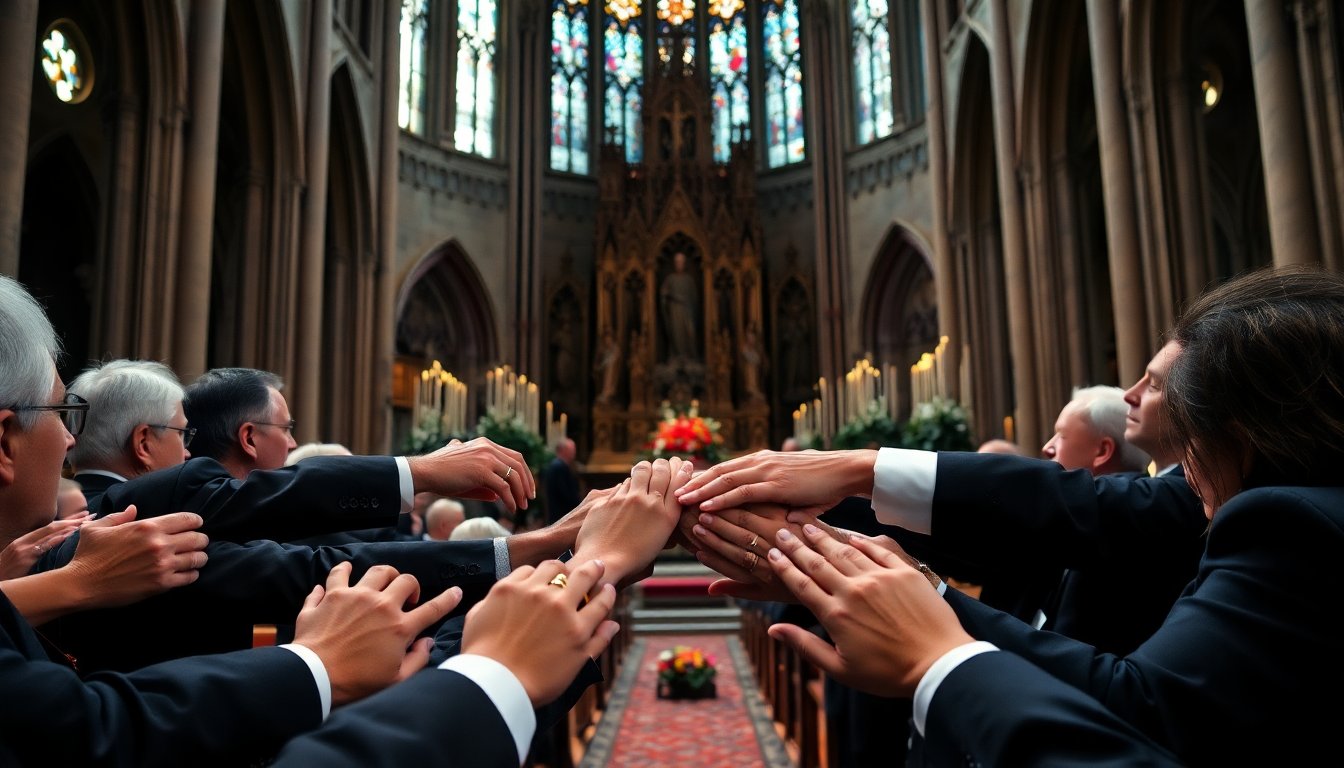Table of Contents
Politicians gather to honor Dick Cheney’s legacy
On a noteworthy Thursday, a diverse group of politicians gathered at the Washington National Cathedral to honor the legacy of former Vice President Dick Cheney. This event represented a rare instance of unity, as both Democrats and Republicans came together to commemorate a figure who significantly influenced U.S. policy following the September 11 attacks. Cheney’s actions during this pivotal time have prompted both praise and criticism, making the gathering a significant moment for reflection on his complex legacy.
Revisiting Cheney’s role in American politics
Dick Cheney’s influence on American politics, especially regarding national security, is significant. Following the tragic events of September 11, 2001, Cheney played a key role in shaping a response that many considered aggressive. His time as Vice President under George W. Bush was marked by a strong focus on counterterrorism strategies, which involved military interventions and controversial interrogation techniques.
Legacy of leadership
At the cathedral, attendees reflected on the decisions made during Cheney’s time in office. Supporters highlighted his steadfast commitment to safeguarding the United States from potential threats. In contrast, critics condemned his policies, arguing they compromised civil liberties. The discourse surrounding Cheney’s legacy remains sharply divided, illustrating the lasting effects of his actions on modern politics.
A unifying moment in a divided climate
The recent event served as a rare instance of unity among politicians with differing views. Representatives from both major parties came together, demonstrating that certain aspects of former Vice President Liz Cheney<\/strong>‘s leadership could be recognized, regardless of political allegiance. However, the absence of current President Donald Trump<\/strong> and Vice President JD Vance<\/strong> was notable. Both leaders have faced public criticism from Cheney in recent years, and their absence raised questions about the current state of bipartisan relations.
Reflection and reconciliation
The gathering at the cathedral served as a tribute and a chance to reflect on the future of American politics. It highlighted the need for dialogue and understanding among leaders, particularly in a time of division. The tributes to Cheney acknowledged both his significant contributions and the controversies surrounding his policies.
The future of political discourse
The evolving political landscape prompts reflection on figures like Dick Cheney, raising essential questions about accountability, leadership, and the core values shaping national policy. His legacy, acknowledged at a notable venue, underscores his significant impact on national security discussions. While perspectives on his contributions may vary, the event at the Washington National Cathedral highlights the importance of unity in honoring public service, even amid stark disagreements.
Such gatherings can motivate emerging leaders to foster constructive dialogue and pursue a more cohesive approach to governance. This encourages an environment where diverse viewpoints are acknowledged and respected.


